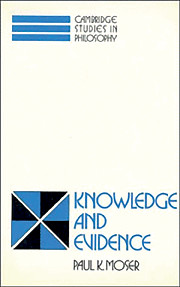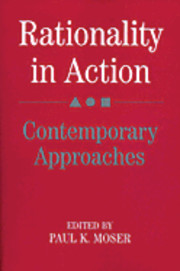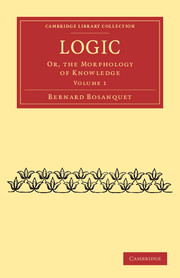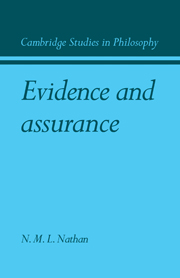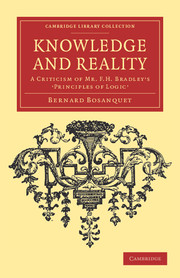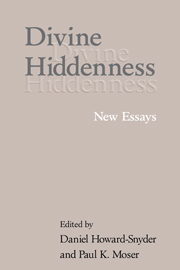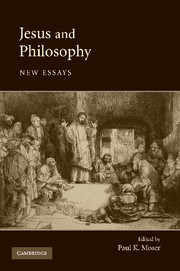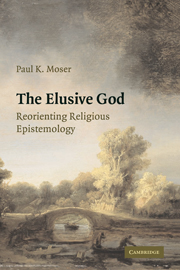Knowledge and Evidence
Paul Moser's book defends what has been an unfashionable view in recent epistemology: the foundationalist account of knowledge and justification. Since the time of Plato philosophers have wondered what exactly knowledge is. This book develops a new account of perceptual knowledge which specifies the exact sense in which knowledge has foundations. The author argues that experiential foundations are indeed essential to perceptual knowledge, and he explains what knowledge requires beyond justified true beliefs. In challenging prominent sceptical claims that we have no justified beliefs about the external world, the book outlines a theory of rational belief.
- ' … a powerful antidote to the naive but morally and intellectually damaging 'relativism', that pervades much contemporary social and literary theory, but is much more than that.' Times Higher Education Supplement
- Paul Moser is author of Rationality in Action (1990)
Reviews & endorsements
"Paul Moser's book is a powerful antidote to the naive but morally and intellectually damaging 'relativism' that pervades much contemporary social and literary theory, but it is much more than that. Unfashionably but persuasively, Moser defends a foundationalist epistemology and a version of the correspondence theory of truth." The Times Higher Education Supplement
"Moser has produced a foundationalist account of justification and knowledge that in some respects is superior to anything else in the literature." William Alston, Syracuse University
"This is an excellent book....No philosophical theory is without its weaknesses, and an overall assessment must compare such weaknesses to those of competing theories. In this respect Moser's foundationalism fares very well, whether the comparison is to foundationalist or to nonfoundationalist alternatives." Timm Triplett, Philosophy and Phenomenological Research
Product details
July 1991Paperback
9780521423632
300 pages
216 × 140 × 17 mm
0.38kg
Available
Table of Contents
- Acknowedgments
- Introduction
- 1. Conditions for propositional knowledge
- 2. Minimal epistemic reasons
- 3. Justifying epistemic reasons
- 4. Foundationalism and some alternatives
- 5. Procedural epistemic rationality
- 6. Propositional knowledge
- References
- Index.

